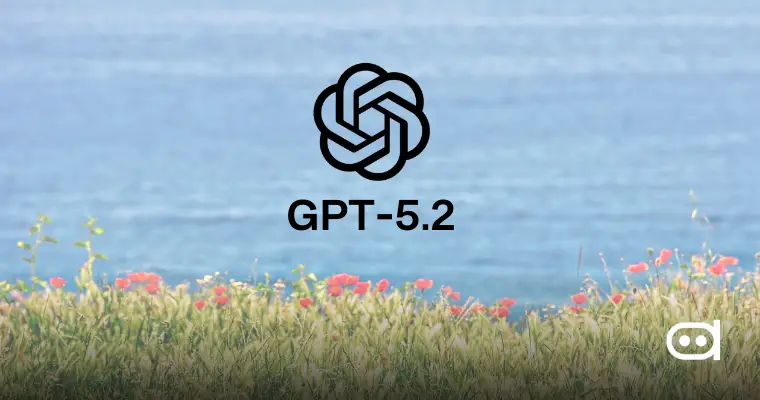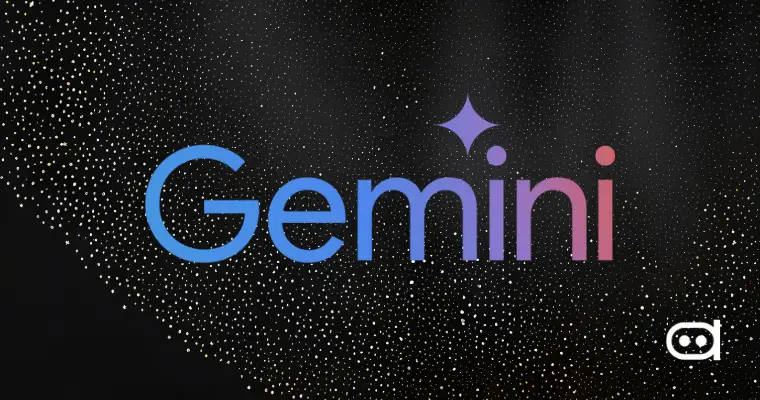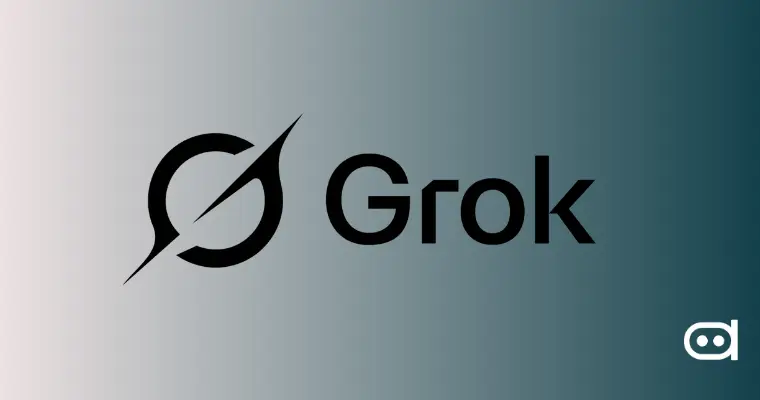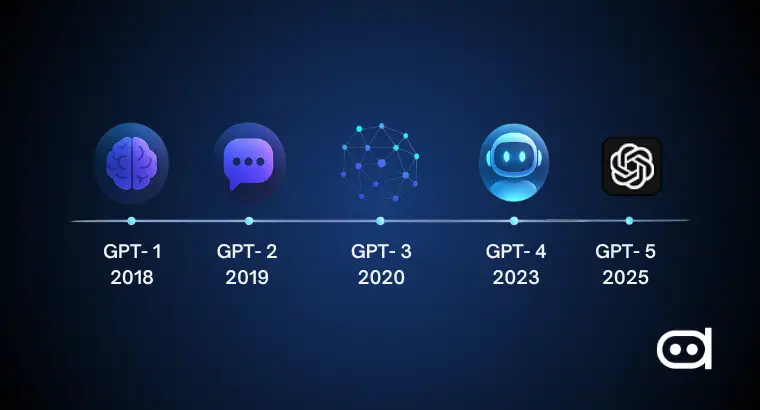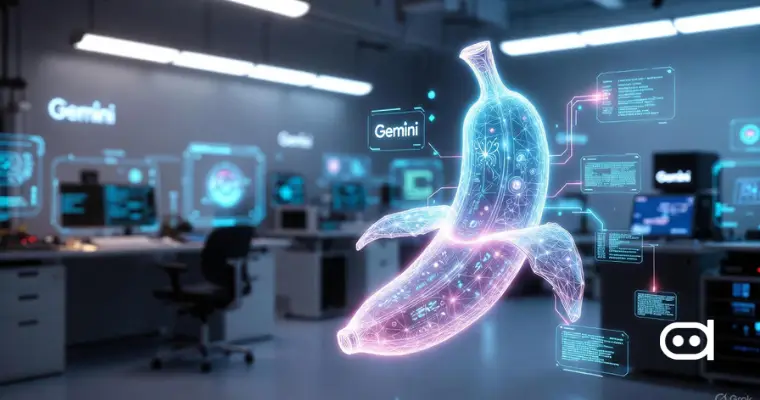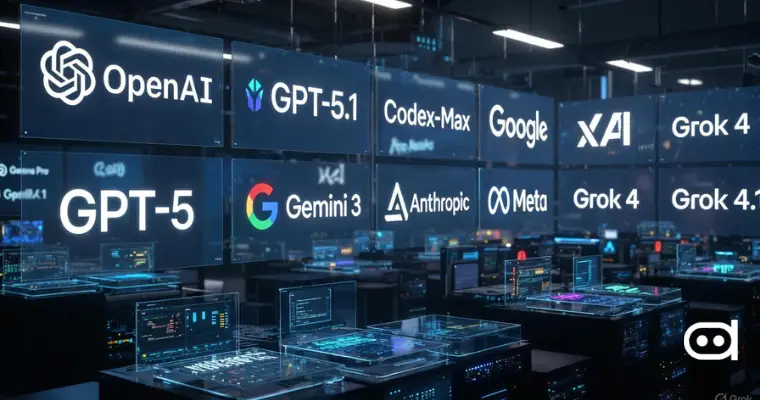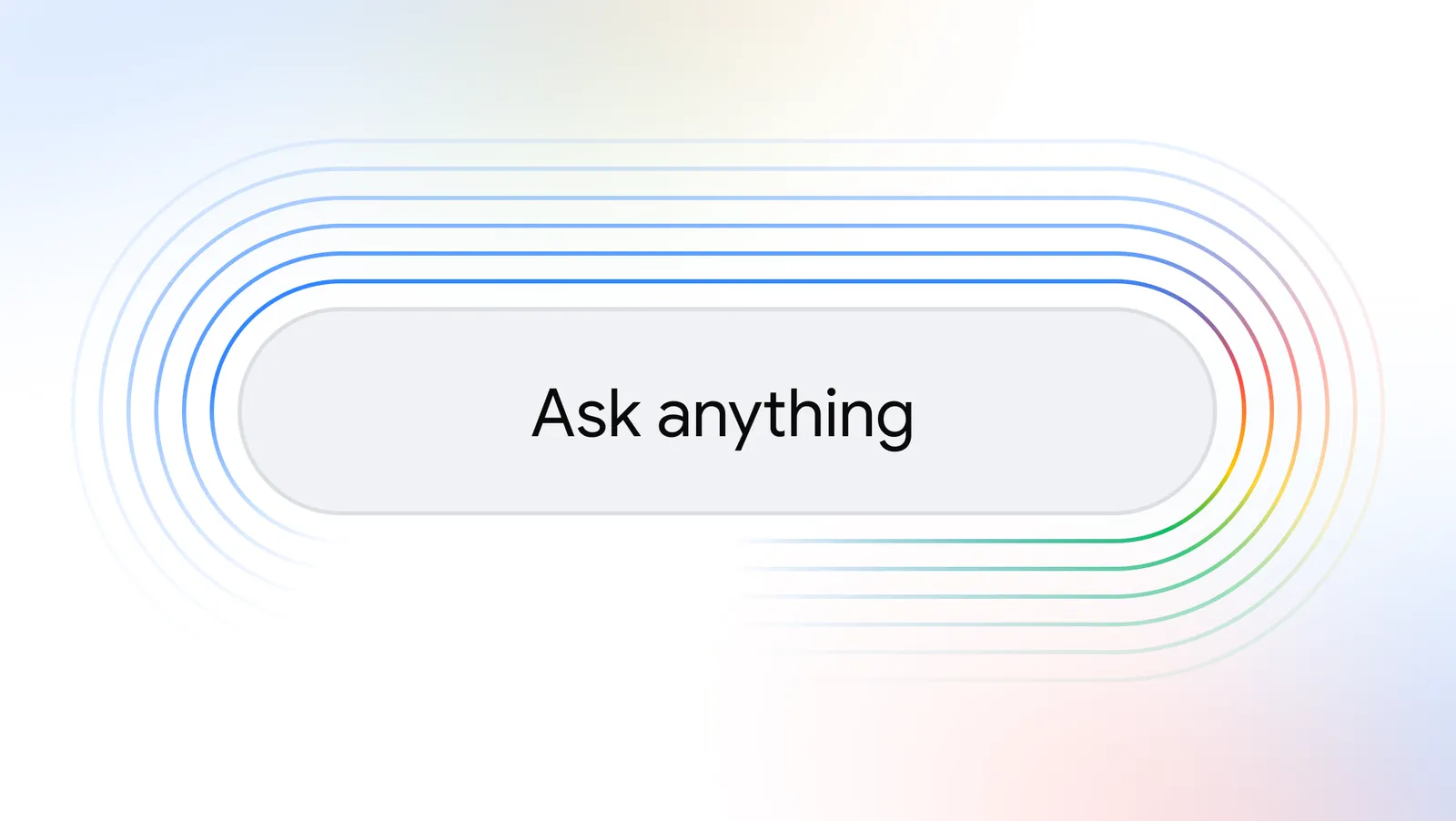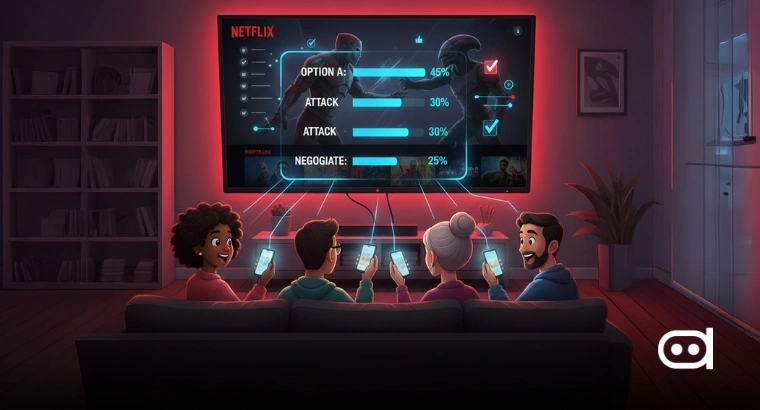
Comet, a browser powered by Perplexity, is set to redefine the way we search and browse through the internet. Ever since the internet was introduced to the common public, traditional search engines have controlled how everyone browses and retrieves information online. With engines like Google and Bing being the most popular search engines, it’s been a while since a fresh engine was seen in the space. In fact, modern day web browsers also happen to include their own search engines. For example, Brave has its own search engine but it’s not as potent as the traditional ones like Google and Bing.
Enter Comet by Perplexity; a chromium based browser which also happens to be a one-of-a-kind, AI-first search engine. It’s powerful and integrates Perplexity’s AI prowess in its search. It has triggered the AI vs traditional search engine debate, paving the way for an entirely new discourse about how we browse the internet. It may take some time for everyone to get used to the Perplexity search engine, but with more refined results, it could help everyone move away from the traditional search engines.
Traditional Search Engines: How They Work & Their Limitations
Traditional search engines work in a three step process, which includes crawling, indexing and ranking. It works by:
- Traditional search engines have small programs called crawlers which browse the web for fresh and updated information across different web pages.
- Whenever these crawlers discover new information, they present them for storage in a vast database. This step is called indexing.
- Once these pages have been indexed, search engine algorithms decide how these pages align with user queries and then present them accordingly. This process is called ranking.
While there are a few search engines in the market, it’s Google and Bing who dominate the space, with the former getting the lion’s share of traffic. However, all of them have a few limitations.
- Most traditional search engines have a major SEO bias. If there’s a webpage which is tailored to meet every user query without actually providing proper information, there’s a high chance that it’ll be considered as one of the top results whenever someone searches for that query.
- Additionally, engines like Google and Bing prioritize advertisements despite their search queries, hampering user experience.
- Deep research on these engines needs to be done manually. If you’re looking for something very specific, then you might have to manually sift through multiple links to get the results you’re looking for. SEO bias is one of the main reasons this problem occurs.
What Is Perplexity AI?
In simple terms, Perplexity AI is an AI-powered answer engine which functions a lot like how ChatGPT and Gemini work. Unlike your traditional search engine, Perplexity AI has a very conversational and functional UI, which not only is pleasing to the eye, but doesn’t have additional clutter either.
Whenever you input any query, the responses are LLM powered, which makes the Perplexity search engine a more potent one than traditional AI models. If we’re looking at the AI vs traditional search engine debate, then the Perplexity search engine does have some major benefits.
The browser that this AI-search engine comes in tandem with is Comet. Apart from being a regular search engine, it incorporates an AI-first approach with respect to showing users search results. Unlike traditional search engines, the Perplexity Comet search engine avoids some major limitations like SEO bias and advertisements.
Yes, you may have to refine your queries a bit to get the desired results, but everything is neatly summarised and includes citations, which can easily take you back to the sources from where the information has been curated. Plus using the Comet search engine is extremely easy, especially if you’re looking for help with coding or academic research. Where traditional search engines will send you to different websites with code snippets. The Perplexity search engine on the other hand will give you the code, which you can then use at your convenience. AI-powered search engines give you all the data in one place rather than sifting through multiple websites manually.
Comet: The Engine Powering Perplexity’s Research Capabilities
The Comet browser is a browser that is powered by Perplexity AI, leveraging the model to generate responses to different search queries while browsing the internet. Unlike regular browsers, Comet by Perplexity AI allows for a more seamless way to manage different workflows, all through a single interface.
Every piece of information that Comet by Perplexity AI gets for you is procured from real authentic sources. It also uses something known as the RAG model. The Retrieval-Augmented Generation model integrates external knowledge searching capabilities which provide more accurate information. It works by first picking up a piece of information from a knowledge base, and then supplies that information to an LLM, which then generates more information based on the one provided.
Although LLMs have the tendency to hallucinate, this approach reduces the issue because it has a dataset to refer to, thereby providing a more accurate and contextual response. While this AI-powered search engine can work on its own, it also supports plugin and API integration, so you can also use it with any app that you’re building.
There are a lot of niche datasets that it has access to, since it has the capacity to integrate multiple LLMs. This reduces the overall research time needed, and the answers that you get are updated and accurate for the most part. The information that you receive also happens in real-time, and follows multistep reasoning.
Key Comparison: Perplexity vs Traditional Search Engines
| Feature | Comet by Perplexity | Traditional Search Engines |
| Search Method | AI-powered conversational responses. Provides citations for every answer. | Based on keywords only. Provides links as response to queries. |
| Context Awareness | Remembers context and offers follow-up responses with deep understanding across multiple apps. | They don’t retain information about previous searches. |
| Task Automation | Capable of performing multiple tasks like sending emails and managing bookings. | Can retrieve information only. Everything else needs to be done manually. |
| Information Delivery | Provides information with a summary with proper citations. | Shows snippets and links; requires clicking and reading for answers |
| Source Attribution | Every answer contains citations and is transparent. | Information within links may or may not be cited, but the links themselves have no citations. |
| Productivity Tools | Behaves like a personalised assistant, and can sift through multiple tasks easily. | Isn’t natively task focused, but external plugins can help to a certain degree. |
| User Interaction | Allows follow ups to search queries. | Manual intervention is needed to go through the responses. |
| Real-Time Results | Connects live to the web for up-to-date info | Indexed results may not always showcase accurate and updated results. |
The comparison between Perplexity-powered Comet search engine and traditional search engines makes it pretty evident that the latter has a considerable amount of drawbacks. Despite being fairly new in the market, there’s a possibility that it’s the future of AI-powered searches. What makes it more interesting is the fact that the Comet search engine supports multimodal queries, while traditional search engines are still navigating their way around the reverse image search.
Why Comet Might Shape the Future of AI Research
In a world where technology is evolving at a rapid pace, search queries need proper understanding rather than just a list of links. Yes, there’s still a long way to go with respect to these AI-powered searches and AI-first searches, but Comet by Perplexity AI has already taken the first step.
The way it presents responses is user-friendly and makes space for more conversation to enable a more contextual understanding of a query at hand. It can help you seamlessly perform multiple tasks, eliminating the need for manual intervention to a great extent.
With everything so dynamic and so seamless, along with the capability to provide a deeper and a better response to user queries, the Comet search engine by Perplexity AI defines the future of AI research to a great extent.
For a detailed perspective, see our breakdown of Perplexity AI vs. DeepSeek Standalone.
FAQs
How is Comet different from ChatGPT?
Comet is a search engine powered by Perplexity AI, while ChatGPT is a generative AI tool.
Is Perplexity better than Google for research?
Yes, it is. It provides more contextual answers with proper citations rather than giving you a list of links to navigate through.
